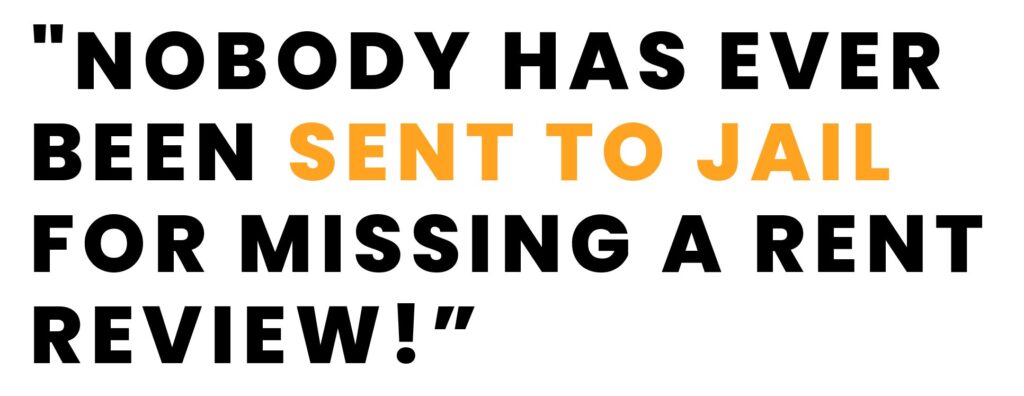
At Landmark Systems, we cater to a wide range of clients, from small estates overseeing multiple properties to large estates managed by estate managers responsible for a significant number of residential and commercial properties. Our clients deal with various aspects such as grazing licenses, sporting rights, container storage, holiday lets, and more. Lately, one topic that has garnered increasing attention is Compliance in Property Management. The ever-present threat of fines and legal action, especially in cases where someone’s life is endangered due to landlord negligence, has professionals and property owners deeply concerned. They are actively seeking robust solutions that will provide them with the confidence to effectively manage their properties and maintain meticulous records demanded by organisations like the Health and Safety Executive (HSE) or Anti-Money Laundering (AML) agencies.

During our recent meetings with clients, we have come across an important observation made by one of them: “Nobody has ever been sent to jail for missing a rent review!” However, the obligations associated with being a landlord in today’s world have become increasingly burdensome. To address these concerns and ensure comprehensive compliance, we conduct a thorough Business Analysis process with our clients, focusing on their objectives, primary concerns, desired outcomes, and industry-accepted best practices. This analysis helps us to identify critical key elements related to compliance and offer tailored advice and guidance.
Among the challenges faced in compliance recording and reporting, the most daunting task is maintaining an organised schedule for necessary checks, assigning responsibilities to appropriate individuals, and adhering to specific timelines. This is where an efficient diary reminder system becomes crucial and serves as the centrepiece of any reliable property recording system. While a spreadsheet can provide a basic framework, it falls short in terms of storing tenant details, facilitating communication between parties, and securely storing essential documents like previous years’ gas certificates for due diligence purposes. We are well-equipped to recommend suitable systems that will save time and keep you on the right side of the law.
Considering the importance of effective compliance management, we have compiled some key factors that rural estate businesses must consider and manage internally. However, this list is not exhaustive, as additional management topics include asbestos reports, boiler surveys, fire safety regulations, and specific requirements for different property classes. Here are some notable factors to consider:

1. Effective from June 1st, 2020, and 2021 for existing tenancies, all rental properties, whether residential or commercial, require a valid Electrical Installation Condition Report every 5 years, which needs to be conducted by a qualified professional. Landlords must retain a record of this report, and the frequency of renewal may vary based on the property type.
2. Landlords have a legal obligation to conduct an annual safety check on all gas appliances provided for the tenant’s use. Documentation confirming completion of this check by a Gas Safe registered engineer must be supplied to both the tenant and the landlord.
3. Due to the complexity of Portable Appliance Testing (PAT), many landlords now refrain from supplying electrical appliances. However, if such appliances are provided, a certified electrician must check their safety and provide the landlord with confirmation, marking them as safe for use.
4. While Energy Performance Certificates (EPCs) have become common in property sales, they are also required for rental properties. An EPC provides an efficiency rating (A-G scale) for various aspects such as living space, insulation, construction type, lighting, heating system, and controls. In April 2023 it was announced that both residential and some commercial properties must have a rating of ‘E’ and above. The government has also proposed that by 2028 all rented residential properties will need to have an EPC rating of ‘C’ and above.
5. Legionnaire’s disease, caused by Legionella bacteria found in domestic water systems, poses a potentially fatal risk. Property owners must conduct a risk assessment to ensure the safety of tenants. While the frequency of assessments may vary, it is highly recommended to periodically review and address any concerns.
6. Since October 1st, 2015, it has been a legal requirement for landlords to install smoke and carbon monoxide alarms in rental properties. Carbon monoxide alarms must be installed in any room featuring an open fire, wood burner, or boiler.
7. In response to the HMRC’s efforts to combat money laundering, landlords now have a legal responsibility to request and retain photo identification and proof of current address from new tenants. While this is a one-time requirement, it must be diligently fulfilled.
The aforementioned factors provide a glimpse into the considerations surrounding compliance in property management. For a more comprehensive compliance checklist, we have made one available for download on our website. Whether you manage one property or a large portfolio, it is crucial to efficiently and effectively manage compliance recording and management to ensure adherence to regulations. The risks associated with fines, costly court cases, and even imprisonment are very real. If we can be of assistance in the realm of Property Compliance, please do not hesitate to contact us. We are here to help.

